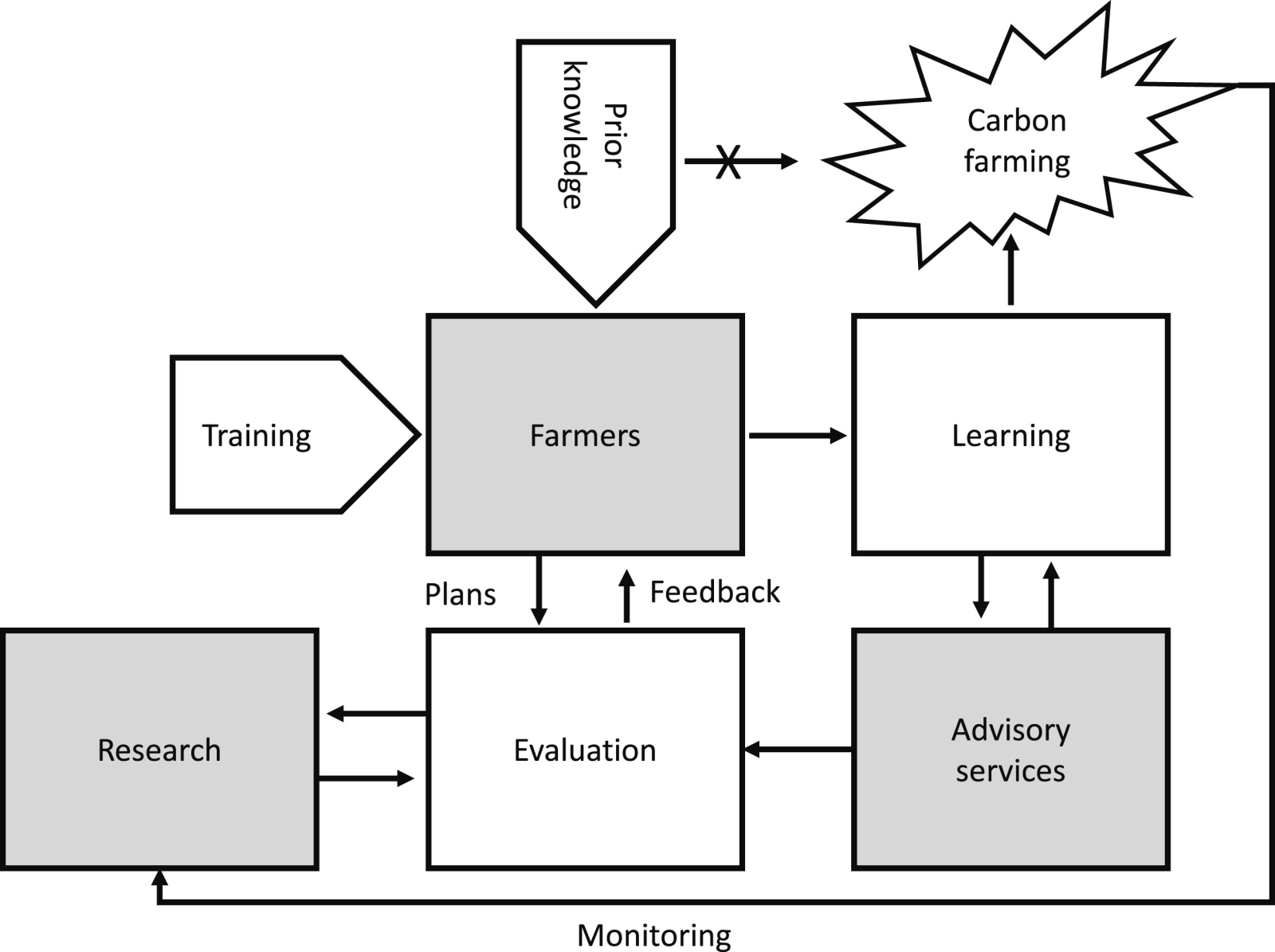How farmers approach soil carbon sequestration? Lessons learned from 105 carbon-farming plans
January 1, 2022 | Soil and Tillage Research | Source |
Introduction: Soil carbon sequestration is a key method for mitigating climate change by storing carbon in agricultural soils. To explore this, Finnish Environment Institute collaborated with Baltic Sea Action Group BSAG in training 105 Finnish farmers to develop Carbon Farming Plans for their fields.
Key findings: Despite high existing soil carbon levels, these plans showed significant potential for additional carbon storage. The plans often involved adding cover crops, nutrient-rich amendments, and improving soil structure.
Farmers faced challenges due to nutrient deficiencies in soils and limited knowledge about carbon balance. Many chose measures that improved soil health and productivity but had less impact on carbon storage. A combination of modeling and soil sampling is needed to accurately measure carbon sequestration. The study highlights the importance of practical training and support for farmers, integrating both scientific knowledge and real-world applications.

Figure | Connecting research, farmers and advisors through planning, training and monitoring. Carbon farming plans and their implementation were the results of this farmer participatory research process.
Viewed Articles
January 1, 2022 | Soil and Tillage Research | Source |Â Â Â Introduction: Soil carbon sequestration is a key method for mitigating climate change by storing carbon in agricultural soils. To explore this,
Read More
February 28, 2024 | Agriculture, Ecosystems & Environment | Source |  Introduction: Despite existing mitigation efforts, integrated approaches addressing system-wide emissions—including soil organic c
May, 2023 | Forest Policy and Economics | Source |Â Introduction: Climate-smart agroforestry (CSAF) practices offer integrated solutions to climate change, food security, and environmental degradation,
September 21, 2023 | Nature Communications | Source | Introduction: Human activities are threatening global biodiversity and the ecosystem services provided by mangroves. Current conservation efforts
August, 2023 | Ecosystem Services | Source | Â Introduction: Agricultural intensification in India threatens ecosystem sustainability, with agroforestry identified as a key strategy to mitigate these i
28 September, 2023 | nature climate change | Source |  Introduction: Agroforestry presents significant potential for sequestering up to 0.31 Peta gram of carbon (Pg C) annually— comparable to major so






